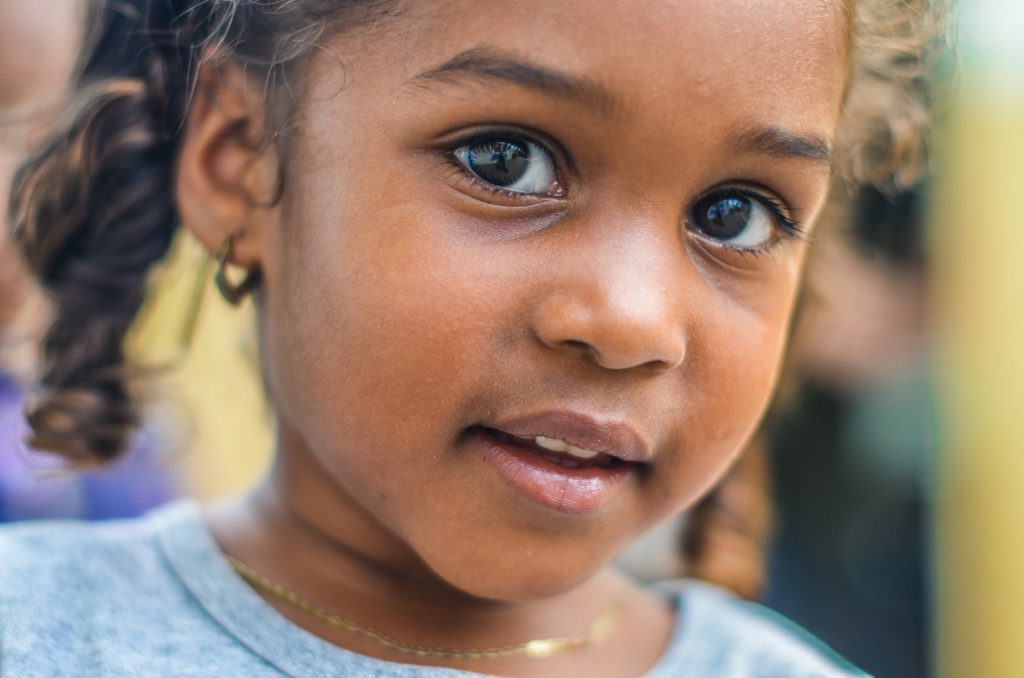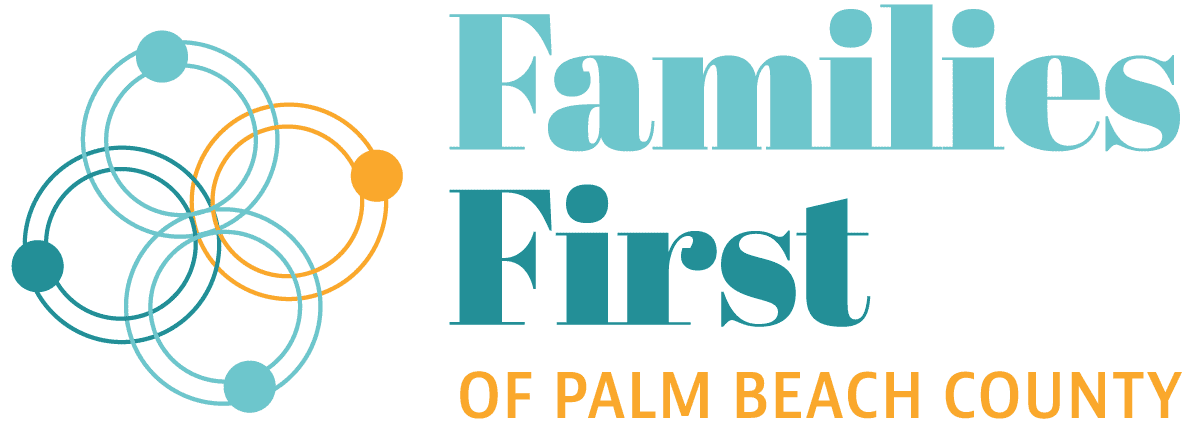Stories

At 18 months, Elena was already exhibiting the effects of witnessing her father’s violence against her mother. She was hitting her mother and avoiding playing with dolls that depicted male figures, among other behaviors.
Witnessing violence, no matter at how young an age, can and does change a child for life – unless help is found quickly, which it was in Elena’s case. She and her mother, Lydia, were connected to Families First’s Child First program that deals with the most serious cases involving children exposed to violence and trauma.
The toddler saw her substance-abusing father throw an object at her mother; it narrowly missed Elena. Elena’s mother left the father, leaving mother and daughter without emotional or financial support. While Lydia had many strengths, including earning an AA degree and holding a job, the Child First team noted that the mother had difficulty interacting with Elena. Also, Elena had started hitting Lydia which upset her, reminding her of the episodes of domestic violence from Elena’s father.
After gaining Lydia’s trust, the Child First care coordinator first helped her with budgeting and other issues before turning attention to Elena’s emotional and psychological needs. She noted that Lydia was expecting too much from her tiny daughter. For example, when they read together, Lydia became frustrated that Elena was not interested in turning pages. The care coordinator suggested that instead, mother and daughter look at the pictures without reading every word.
Then the clinician set about addressing the toddler’s aggression. Because play is a child’s language, the clinician introduced toys including dolls, a doll house and helping figures to elicit Elena’s story. Initially, Elena wanted no part of this type of play, crying and avoiding the dolls. But, over time, the clinician and mother engaged in play with Elena, always following her lead. During the play, Elena isolated the toy father figure and wouldn’t play with him. When Lydia watched her little daughter using the mother doll figure to keep the baby toy safe, it was a turning point. Lydia finally understood the impact the past violence had had on her little Elena.
But success does not come quickly or easily with families facing such trauma and, despite the inroads, the past came back for mother and daughter. During the course of services, Lydia lost her job and was in dire financial straits. She uncharacteristically began canceling appointments and the Child First team soon learned that Lydia had invited the father back into her life to help her financially. When the beatings began again, the father was arrested.
The Child First team changed its focus to help Lydia develop safety plans for both herself and Elena, including safe behaviors.
Despite the setbacks, Lydia and Elena “graduated” from Child First. Lydia now has a good job in a doctor’s office and bought a home for herself and Elena. When dating and forming new relationships, Lydia now puts Elena’s safety and happiness first. When mother and daughter engage in play, now Lydia lets Elena take the lead. Elena’s development is on target in all areas and Lydia’s life is stable and focused on her daughter.
The pairing of a care coordinator with a licensed clinician is what sets Child First apart from other services – providing the social supports, coupled with counseling needed to reduce the negative, long-term developmental impact of stress and trauma on children.
